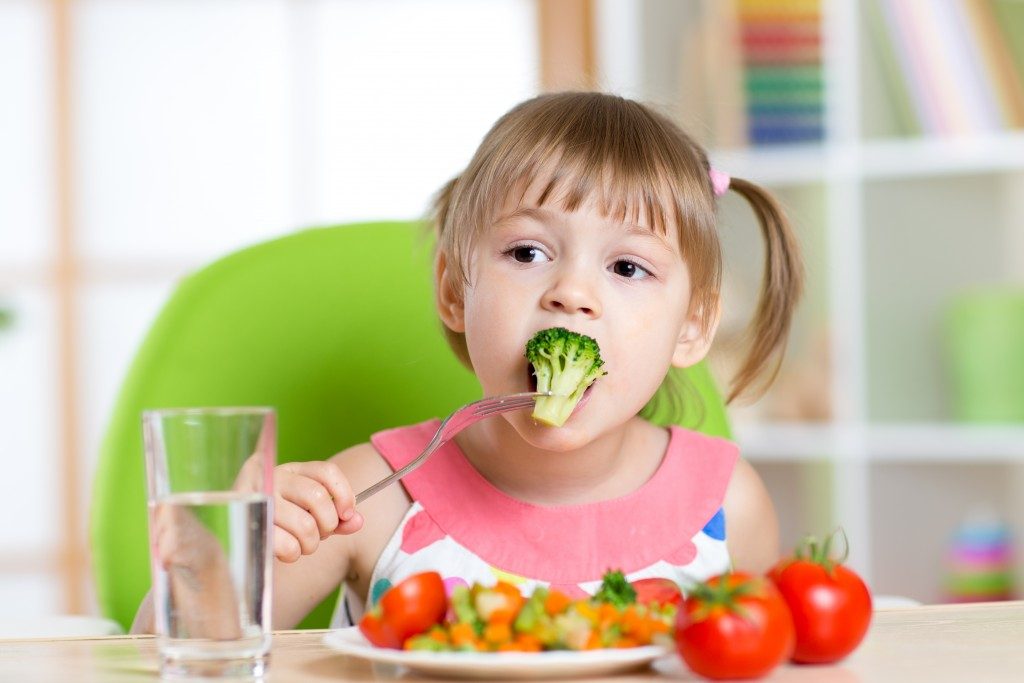Learning and development include the physiological changes from birth through puberty and some emotional, behavioral, intellectual, and speech adjustments that children experience as they begin to comprehend and experience the world outside them. Developmental milestones include abilities such as making their first step or laughing for the first time.
Understanding your child’s development and growth is a crucial aspect of parenting. Infants and toddlers can face similar physical or emotional obstacles as they advance through a succession of developmental phases. The below guide will help you understand what your kid is going through and identify any problems along the road.
Your Child’s Growth
Children attain milestones in their play, learning, speaking, acting, and movement. All kids develop through their speed, but these developmental milestones offer you an indication of what to anticipate as your kid matures.
Infancy
Raising a child, mainly if it’s your first time, is both joyful and challenging. It is the moment to form ties that would last a lifetime, giving the kid the inner strength to grow self-esteem and the capacity to interact positively with others.
It’s time for the parents to start learning about their newborn. Each kid is unique, and parents must learn to appreciate, accept, support, and promote their children’s features and strengths.
Toddlerhood
A transitional period in a child’s development starts when they take their first steps. At this point, toddlers are free to explore their surroundings. It is time for them to explore their surroundings actively. Language development accelerates, resulting in knowing the names of items of interest, the capacity to ask for stuff, and when they find their independence, the ability to say whatever they phrased words.
Mastering what experts call emotional control is a big task at this developmental period. Meltdowns are frequent at this time, but parents can leverage the link formed from infancy to assist the kid in learning to control their emotional responses and begin to understand the challenging idea of deferred gratification.
Preschool
Preschoolers are transitioning from the realm of toddlers to a different world of discovery and formal learning. Most have begun or will begin attending a preschool or daycare facility and will continue this era of development by joining formal education in kindergarten. It generally starts at the age of six since the child has grown more intellectual at this stage.

Preschoolers are eager to learn numbers, the alphabet, essential reading, and basic arithmetic. It is also a necessary time to start studying music. They are developing gross motor and fine motor abilities, which piques their interest in painting, crafts, and various ride-on toys. They are also gaining early athletic skills, which often leads to involvement in team sports by the conclusion of this developmental phase.
School Age
Raising school-age children could be a rewarding experience—most parents like seeing their children explore new hobbies, supporting them, and praising their successes. However, accomplishment is often preceded by dissatisfaction and, in some instances, learning to accept one’s faults and celebrate and build on one’s virtues. Whatever the undertaking, well-equipped parents could be good trainers for their children.
Teenage
There is no denying that the adolescent years are challenging for both children and parents in most homes. Most students have negative memories of middle school. It is often laden with frightening physical changes, peer bullying, and a newfound surge of independence.
It results in passive-aggressive conduct, self-consciousness, self-doubt, and moodiness.
Early Adolescence
For the most part, high school is preferable. It is time to start identifying oneself and think about the future seriously. The development of skills is expedited in preparing for college or career training programs, and abilities are honed.
Social abilities are refined, and partnerships become more serious. Peer pressure is at an all-time high, and there are more enticing sidetracks than ever in today’s young environment. Adolescents need their families more than ever. According to research, kids could traverse these years with minimal effort in a healthy home setting, including pleasant household tasks, open communication, and motivation to engage in beneficial extracurricular activities.
As they grow from babies to young adults, children go through several stages of development. Transitions in the brain’s development occur throughout each of these phases. What happens and when these processes occur are genetically determined. Environmental conditions and interactions with essential persons within that environment, on the other hand, have a considerable impact on how each kid gains from each growth milestone.
The goal is to help parents understand what is happening in their child’s brain and body at each stage to provide the necessary support to allow a child to move forward with each step.


